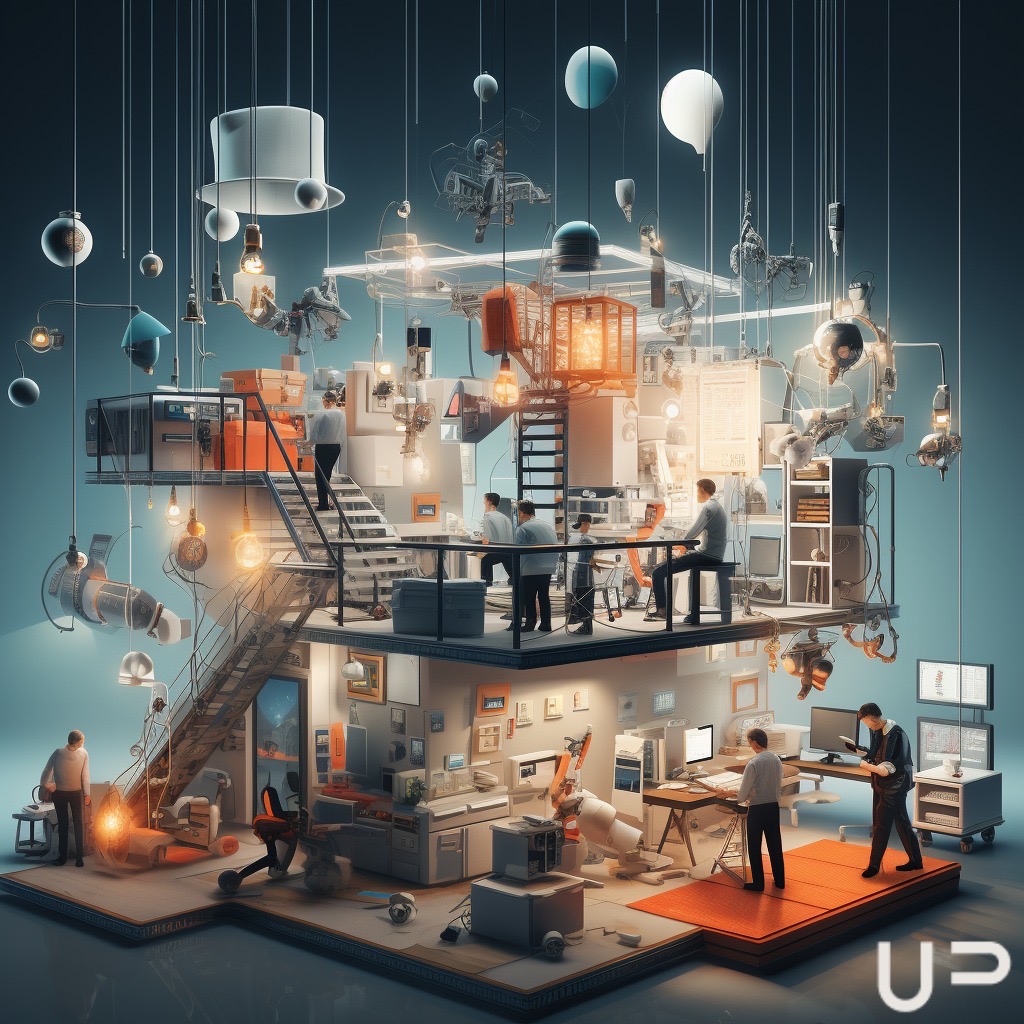Workforce Transformation in the Age of Automation and AI
The age of automation and artificial intelligence (AI) is reshaping the workforce, bringing both opportunities and challenges. As routine tasks become automated and AI systems offer new insights and efficiencies, the demand for certain skills shifts, necessitating a transformation in workforce development. This article explores how the workforce is evolving in response to automation and AI, and what measures can be taken to prepare for the future.

The age of automation and artificial intelligence (AI) is reshaping the workforce, bringing both opportunities and challenges. As routine tasks become automated and AI systems offer new insights and efficiencies, the demand for certain skills shifts, necessitating a transformation in workforce development. This article explores how the workforce is evolving in response to automation and AI, and what measures can be taken to prepare for the future.
- Redefining Skill Sets: The demand for manual and routine cognitive skills is decreasing, while the need for technological, social, and emotional skills is on the rise. Education and training programs must adapt to this shift, emphasizing critical thinking, creativity, and digital literacy.
- Lifelong Learning and Continuous Upskilling: In an ever-changing technological landscape, the concept of lifelong learning becomes integral to career sustainability. Workers must engage in continuous learning, acquiring new skills and knowledge to stay relevant in their fields. Employers and educational institutions play a crucial role in providing access to upskilling opportunities.
- The Role of Employers in Workforce Development: Progressive companies are investing in their employees' development, offering training programs in AI, machine learning, and data analytics. By fostering a culture of learning and innovation, employers can help their workforce navigate the transition and harness the potential of new technologies.
- Public-Private Partnerships for Education Reform: Collaboration between governments, educational institutions, and the private sector is essential to reform education systems. Together, they can develop curricula that meet the evolving demands of the labor market, ensuring students and existing workers gain relevant skills for the future.
- Ethical Considerations and Social Equity: As automation and AI transform the workforce, addressing ethical considerations and ensuring social equity is paramount. Initiatives must be in place to mitigate job displacement impacts, providing support and retraining for workers transitioning out of declining industries.
The transformation of the workforce in the age of automation and AI presents a complex landscape of challenges and opportunities. By redefining skill sets, promoting lifelong learning, and fostering collaboration across sectors, society can navigate these changes effectively. Ensuring that the workforce is prepared for the future requires concerted effort and investment from all stakeholders, aiming not just for economic growth but also for a fair and inclusive transition.






